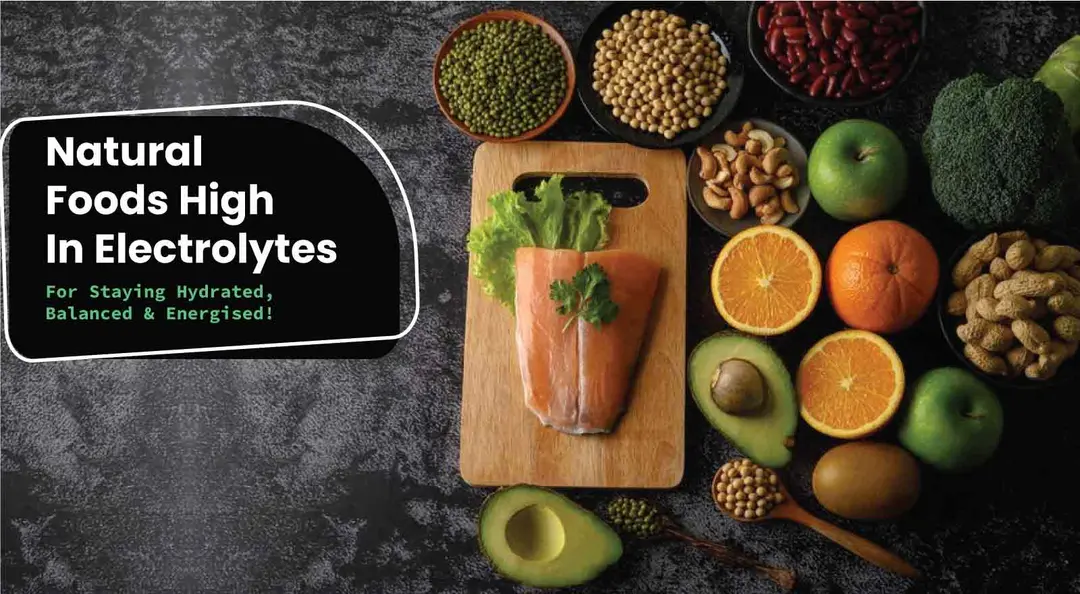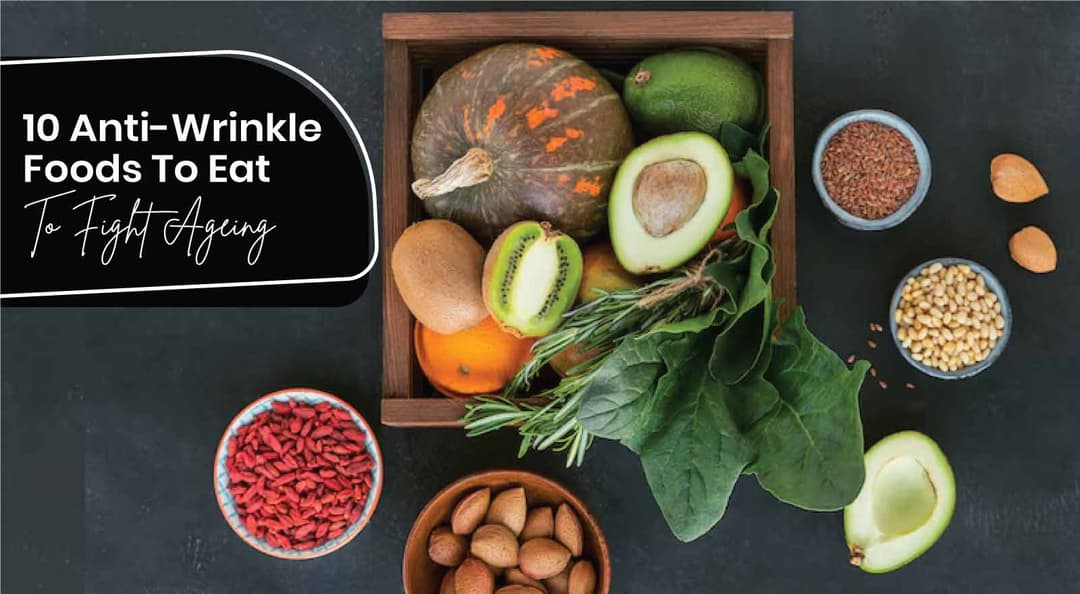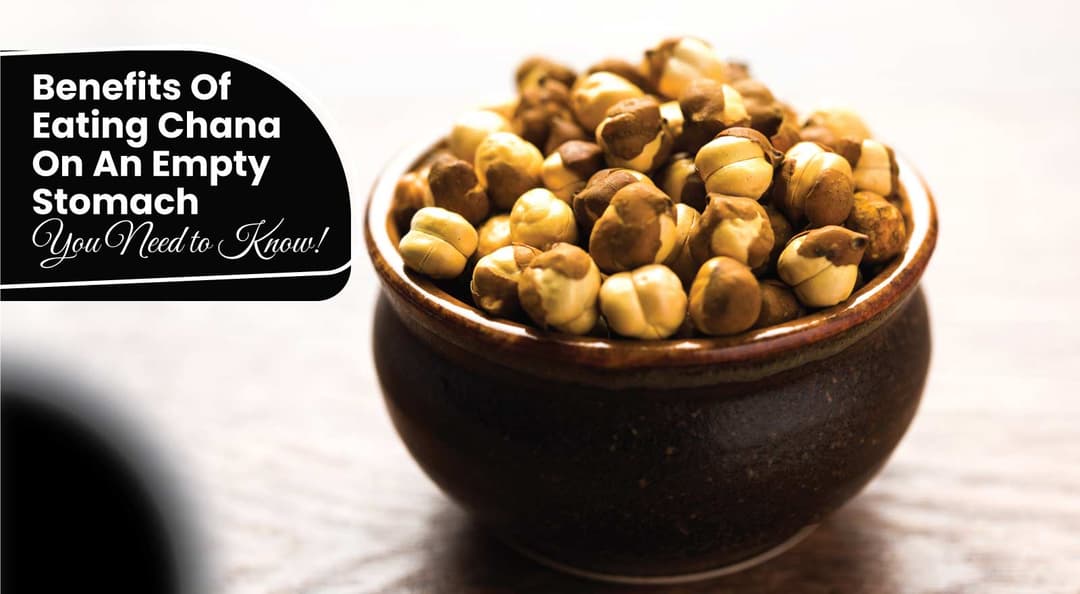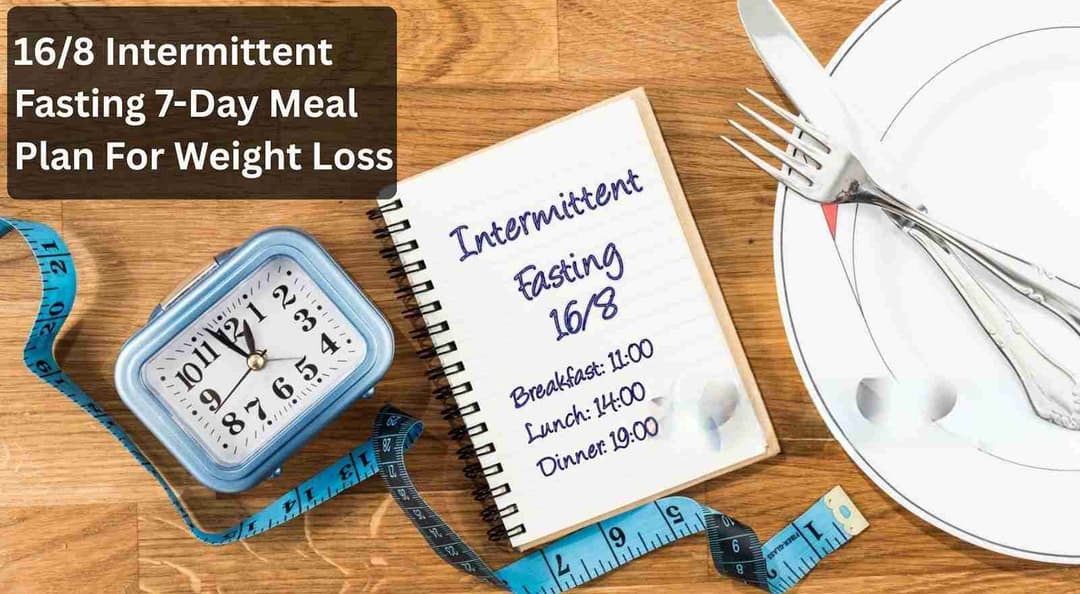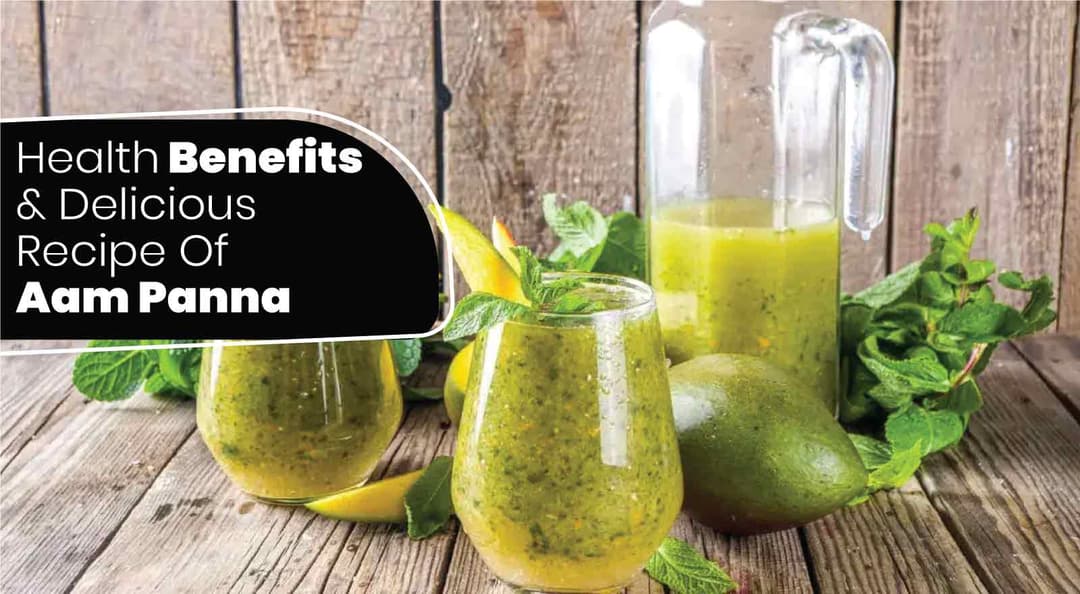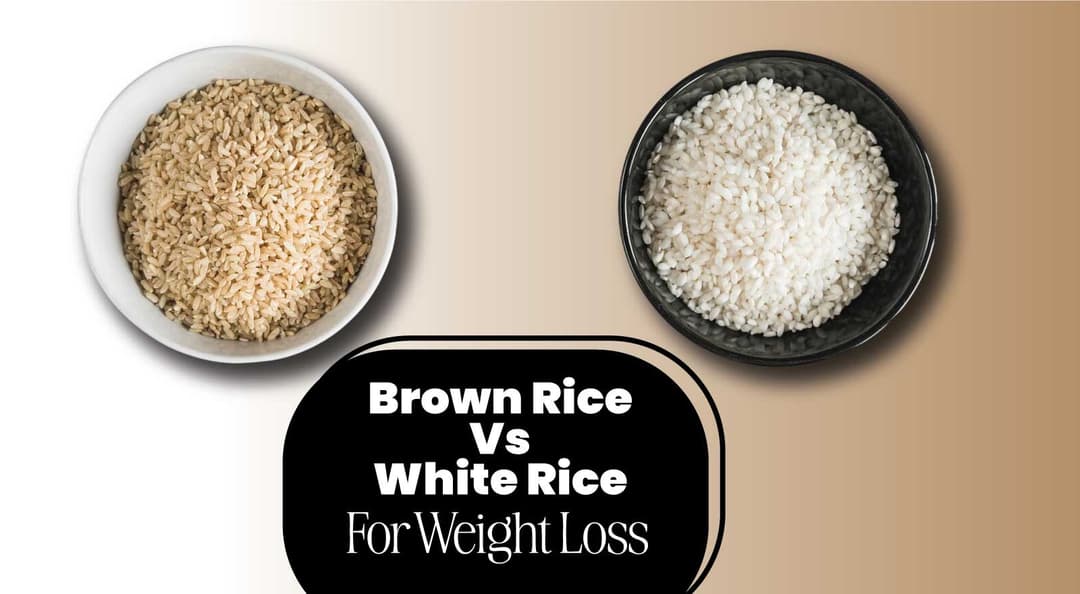Oil is often called liquid gold, and there's a good reason for it. Though, here we're specifically talking about edible cooking oils. Remember how the yellow revolution happened back in the '80s? It was all thanks to oilseeds. Fast forward to today, and we're swimming in options when it comes to cooking oil. This blog is diving into one of the most talked-about yet also most debated cooking oils out there: palm oil.
Why is it so viral? Well, it boasts some surprising benefits, like being rich in certain healthy fats and antioxidants, and its versatility in the kitchen is undeniable. But why the controversy? That stems from concerns about its high saturated fat content and the environmental impact of its production. It truly is a coin with two very distinct sides.
In this blog, we're going to explore both of these sides in detail, looking at the advantages and disadvantages of palm oil, and ultimately trying to answer the big question: is palm oil good for health? We'll also delve into what is the problem with palm oil that sparks so much discussion.
Table Of Contents
- Is Palm Oil Good For Health?
- 5 Amazing Health Advantages of Palm Oil
- What Is Unhealthy About Palm Oil? Disadvantages of Palm Oil
- Is It OK To Eat Palm Oil Everyday?
- Dietitian’s Recommendation
- The Final Say
- FAQs
- References
Is Palm Oil Good For Health?
Palm oil, when consumed moderately, can be part of a healthy diet. It contains healthy unsaturated and polyunsaturated fats. The nutritional value of palm oil is very much like other oils used for cooking. One tablespoon contains about 120 calories and 14 grammes of total fat, of which 7gm are saturated fat, 5gm are monounsaturated fat, and 1.5gm are polyunsaturated fat.
There are two distinct forms of oils that can be obtained from palm trees: palm kernel oil, which is not edible, and palm oil, which is edible.
Palm oil is considered the most versatile vegetable oil in the world. It has a number of desirable characteristics relative to other vegetable oils. At room temperature, it is semi-solid and also has a lower melting point compared to other vegetable oils. For instance, when used in ice cream, ice cream will take time to melt. It is a good foaming agent for soaps and detergents, too.
Palm oil is resistant to oxidation and can act as a natural preservative, helping products last longer. Furthermore, palm oil can withstand high temperatures, making it ideal for frying.
However, some people argue that palm oil is bad for health because nearly half of its calories come from saturated fat. Palm oil contains about 50% saturated fat, and palm kernel oil has about 80% saturated fat.
For comparison, corn oil, olive oil, and soybean oil contain about 15% or so of it is saturated fat. Research indicates that consuming a lot of saturated fats can increase blood cholesterol and the risk of heart disease. Palm oil was also criticised in a European Food Safety Authority (EFSA) report for the potential toxicity of fatty acids. The report suggests that when heated, palm oil produces glycidol, a potential carcinogen (cancer-producing compound).
Let’s explore the advantages and disadvantages of palm oil in detail.
Also Read: Good Fats vs Bad Fats — Everything You Need To Know For Better Health
5 Amazing Health Advantages of Palm Oil

So, is palm oil good for health? Including palm oil in your diet comes with several potential health benefits. Let’s take a closer look.
1. Rich in Monounsaturated Fats and Lower Cholesterol
This brings us to the question again — Is palm oil good for health? Studies like these suggest that it can be, especially when consumed in moderation.
According to the NIN (National Institute of Nutrition), palm oil, like other edible oils such as groundnut oil, sesame oil, and olive oil, is rich in monounsaturated fatty acids. It also contains polyunsaturated fats along with monounsaturated fats, which are known as beneficial to health. Palm oil is also free of cholesterol, making it one of the best heart-healthy foods.
There is even proof that eating a lot of palm oil can lower cholesterol. Both olive oil and palm oil lowered cholesterol by 15% in a 2015 clinical study that was written up in the journal Food and Function.
2. Improves Brain Health
Research has shown that tocotrienols found in palm oil can protect brain health. It is high in tocotrienol, which is a type of vitamin E with antioxidant properties. Some research suggests that tocotrienols may slow down dementia and lower the risk of stroke.
One study found that tocotrienols reduce the growth of white matter lesions. These lesions damage the white matter in the brain. White matter helps send signals to different parts of the brain.
This is another area where we might ask — is palm oil good for health? Especially in relation to brain health, it appears to hold some promise.
3. Can Protect Against Heart Disease
Palm oil is a source of monounsaturated fats that can improve high-density lipoprotein (HDL) cholesterol. High levels of HDL cholesterol (the “good” cholesterol) can protect your heart health.
Palm oil is also free of trans fats, which are known to be unhealthy. Other plant oils such as soybean, rapeseed, and sunflower, are liquid at room temperature. So, to be useful in many food products, they must pass through an industrial process to become semi-solid. This process, known as hydrogenation, creates trans fats that are associated with cardiovascular disease.
However, at room temperature, palm oil is inherently semi-solid. As a result, it doesn't require hydrogenation and doesn't contain trans fats. The American Journal of Clinical Nutrition claims that substituting palm oil for trans fats may lower heart disease risk factors and enhance blood lipid levels.
4. Beneficial During Pregnancy
During pregnancy, many types of changes happen in a woman's body. There is a tremendous need for nutrients. During this time, the mother and the child both need vitamins. Vitamins A, D, and E are found in palm oil and are useful for both.
Adding palm oil to the diet during pregnancy in developing countries reduces the chance of low levels of vitamin A. It also seems to help raise vitamin levels for those who are already low. Therefore, it should be used during pregnancy.
5. May Have Anti-Cancer Properties
Palm oil has a particularly high content of tocotrienols (a form of vitamin E), which act as antioxidants. Tocotrienols have been shown to protect against cancer and cell damage. They can also help regulate the immune system.
Also Read: What Is The Function Of Fats In Our Body? It’s Not Just About Weight
What Is Unhealthy About Palm Oil? Disadvantages of Palm Oil
Although palm oil, when consumed in moderation, has certain health benefits, many experts deny this fact and recommend avoiding palm oil, which is also true to some extent.
At the time of consuming palm oil, one question often comes to mind: What is the problem with palm oil? Or we can say, What is unhealthy about palm oil? Despite the advantages, there are certain disadvantages of including palm oil in your diet.
1. High in Saturated Fats and Palmitic Acid
One of the main potential disadvantages of palm oil is that it contains a saturated chain of fatty acids known as palmitic acid. One 2017 comparative study suggests that palmitic acid is more likely to contribute to inflammation, insulin resistance, and storage of fat or obesity.
About half of palm oil is made up of saturated fats, which can raise LDL (bad) cholesterol if consumed in excess. An increased risk of heart disease, stroke, and other cardiovascular issues is linked to elevated LDL cholesterol.
2. Not the Best Option for Healthier Fats
It is rich in certain antioxidants and may be beneficial for brain health, but we need further research. It can be better than a few other bad fats, but it is still not the first choice for consumption because it has such a high content of saturated fats.
For many people, selecting alternatives with a better health profile, such as olive, coconut, or avocado oil, may be more advantageous.
3. May Increase Inflammation in its Oxidised Form
According to certain research, eating palm oil, particularly when it's oxidised and found in fried foods and processed snacks, may make the body more prone to inflammation. Numerous health issues are exacerbated by inflammation.
Also Read: 10 Calorie-Heavy Indian Foods To Avoid For Weight Loss And Delicious Healthier Alternatives To Try!
Is It OK To Eat Palm Oil Everyday?
While palm oil may be part of a balanced diet, it has a high content of saturated fat that some studies associate with increased LDL ("bad") cholesterol and higher risk of cardiovascular disease, so its consumption daily in large quantities may not be ideal for all, especially for heart health. Palm oil should therefore be consumed only twice or three times as part of a balanced diet to gain its health benefits.
Also Read: Is Thandai Good For Your Health? Benefits and 5 Healthy Variations For Holi
Dietitian’s Recommendation
Palm oil is in so many products that it is almost impossible to avoid. The good part is that I would suggest that you easily integrate it as part of a balanced diet in the form of salad dressings, marinating, cooking or frying, etc, around two or three times a week. I recommend using palm oil and buying ethical, certified brands or buying it directly from small farms if you are able to. Remember that although palm oil is healthy, it should, of course, be consumed in moderation to avoid complications.
Dt. Lavina Chauhan
The Final Say
Like every coin, palm oil has two sides. On the one hand, it’s affordable, shelf-stable, and useful in everything from snacks to skincare. On the other hand, it has raised red flags around heart health and environmental sustainability. The real question isn’t just is palm oil is good for health, but rather how it is used, how much is consumed, and where it comes from. Moderation and awareness are key.
So the next time you see palm oil in an ingredient list, don’t panic—but do stay informed. Because when it comes to health and wellness, smart choices matter. Hope this blog helped you understand both the advantages and disadvantages of palm oil and gave a clear picture of what is the problem with palm oil—and why it continues to be both a kitchen staple and a global concern.
FAQs
1. Is it wrong to eat palm oil every day?
Having palm oil daily isn't inherently wrong in moderate amounts as part of a balanced diet, similar to other cooking oils. However, its high saturated fat content (around 50%) may raise LDL cholesterol in some individuals, potentially increasing heart disease risk if consumed in large quantities regularly. Therefore, moderation is key.
2. Is palm oil healthier than olive oil?
Palm oil is generally not considered healthier than olive oil. Olive oil is rich in monounsaturated fats and antioxidants, which are beneficial for heart health. While palm oil has some nutrients like Vitamin E, its higher saturated fat content makes olive oil a preferred choice for overall health.
3. Is sunflower oil better than palm oil?
Yes, sunflower oil is often considered a better option than palm oil due to its higher content of polyunsaturated and monounsaturated fats and lower saturated fat levels. These fats are generally associated with better heart health outcomes compared to the saturated fats prevalent in palm oil.
4. How do you know if palm oil is authentic and not adulterated?
Identifying authentic, unadulterated palm oil at home can be challenging. Look for reputable brands and check for any unusual color, smell, or taste. Some reports suggest adulterated palm oil might have a deeper red color or a chalky odor. For definitive testing, lab analysis is recommended.
References
- https://www.goodrx.com/well-being/diet-nutrition/is-palm-oil-bad-for-you
- https://www.asianagri.com/en/media-publications/faqs/is-palm-oil-good-for-you/
- https://www.lakechamplainchocolates.com/palm-oil/
- https://www.apicalgroup.com/articles/the-health-and-nutritional-benefits-of-palm-oil/
- https://www.ndtv.com/health/how-is-palm-oil-bad-for-you-6539729
- https://www.verywellhealth.com/palm-oil-8406451
- https://www.health.com/food/palm-oil
About ToneOp Fit
ToneOp Fit is a platform dedicated to improving and maintaining good health through a comprehensive range of goal-oriented health plans with up to 3 Coach support. With a range of Weight Management, Medical Condition, Detox Plans, and Face Yoga Plans, the app also provides premium health trackers, recipes and health content. Get customised diet, fitness, naturopathy & yoga plans and transform yourself with ToneOp.














